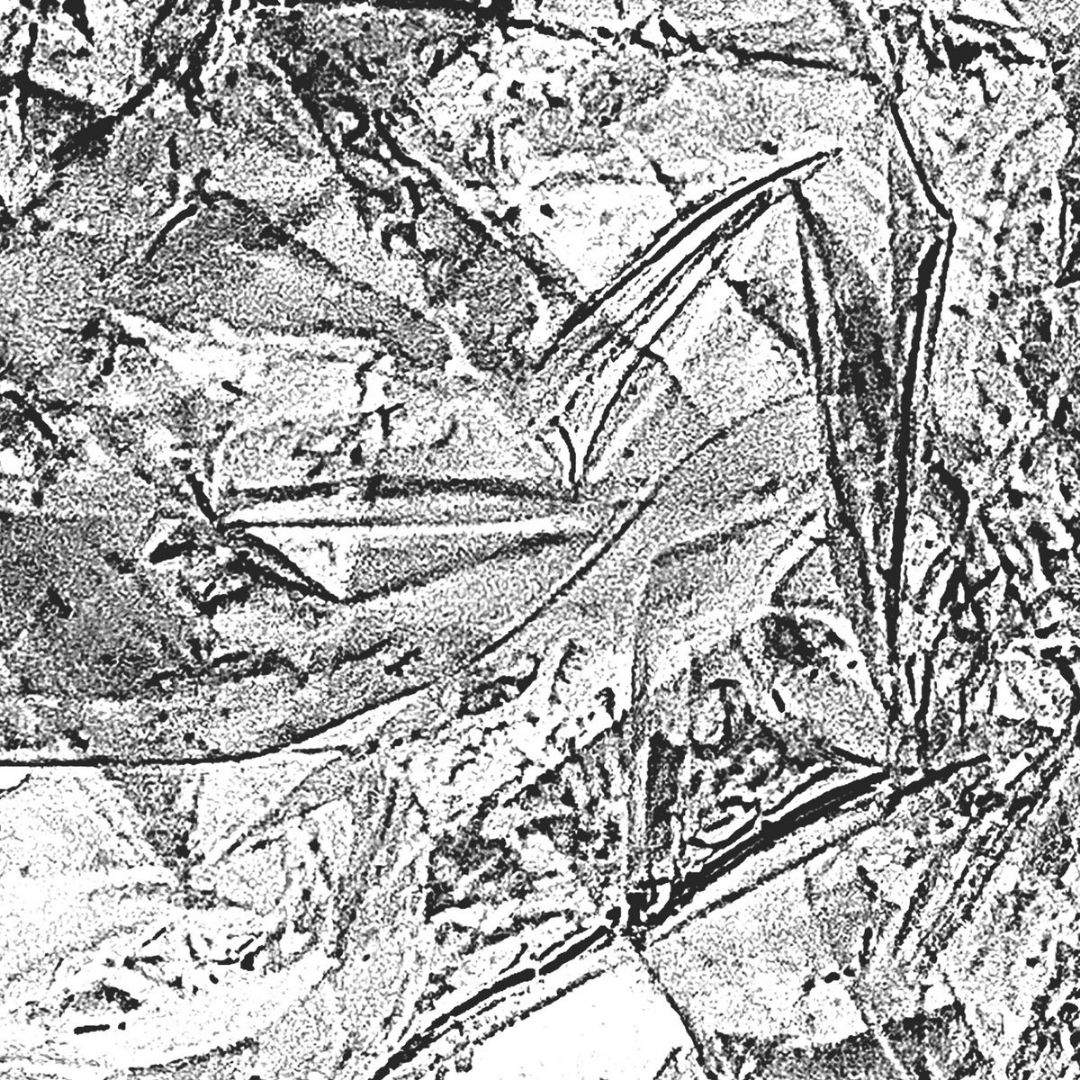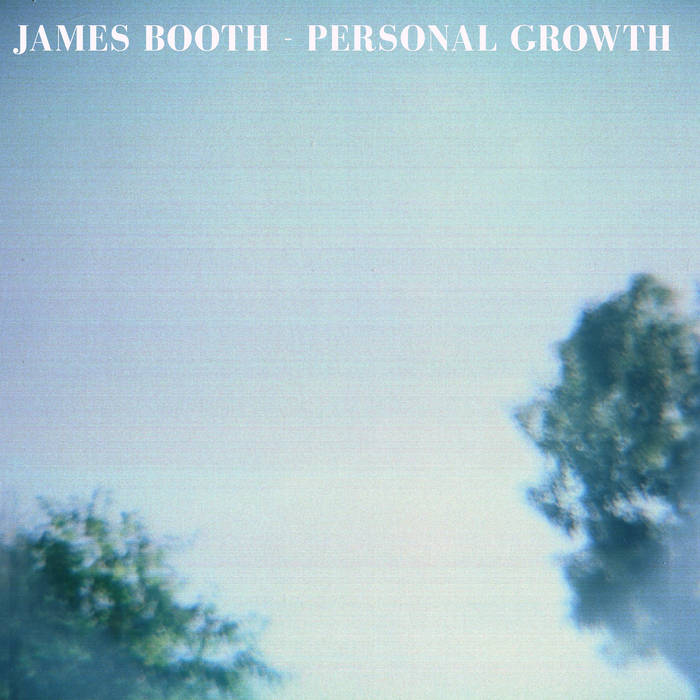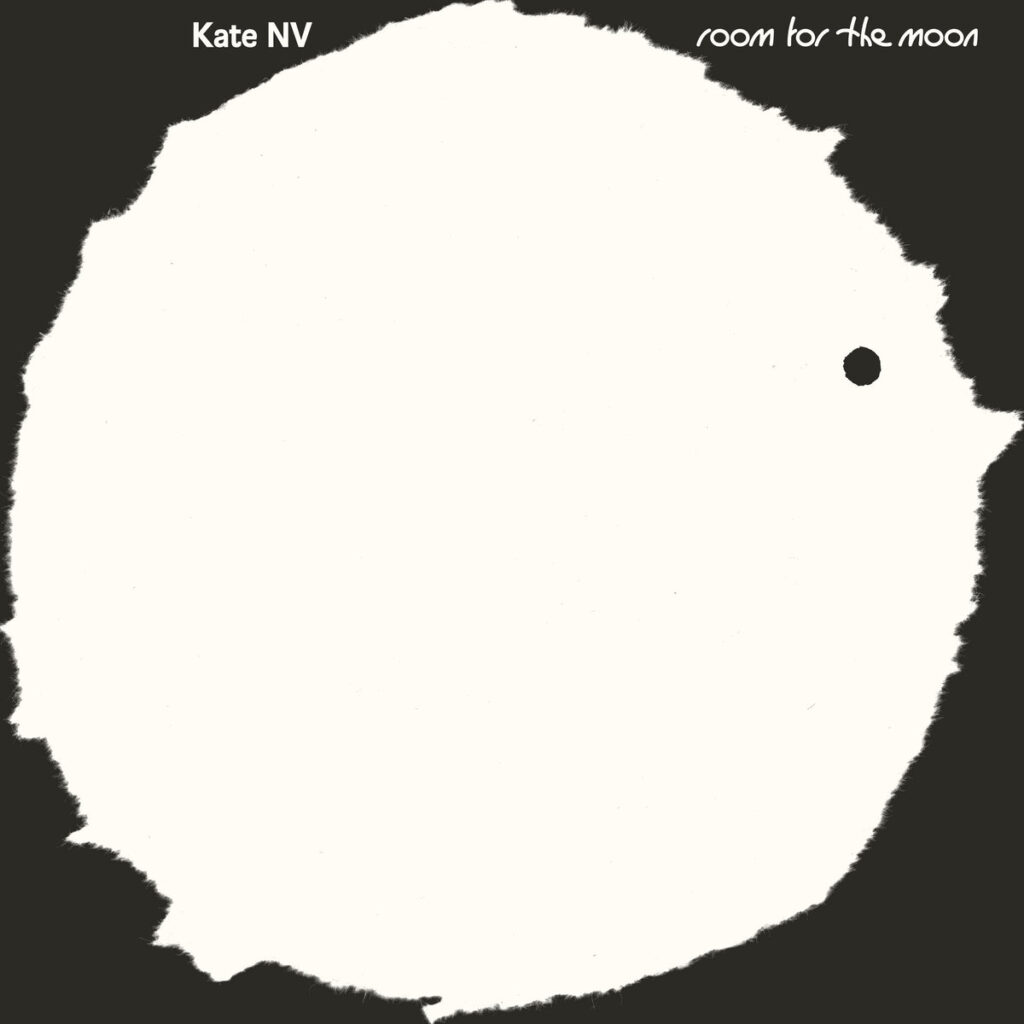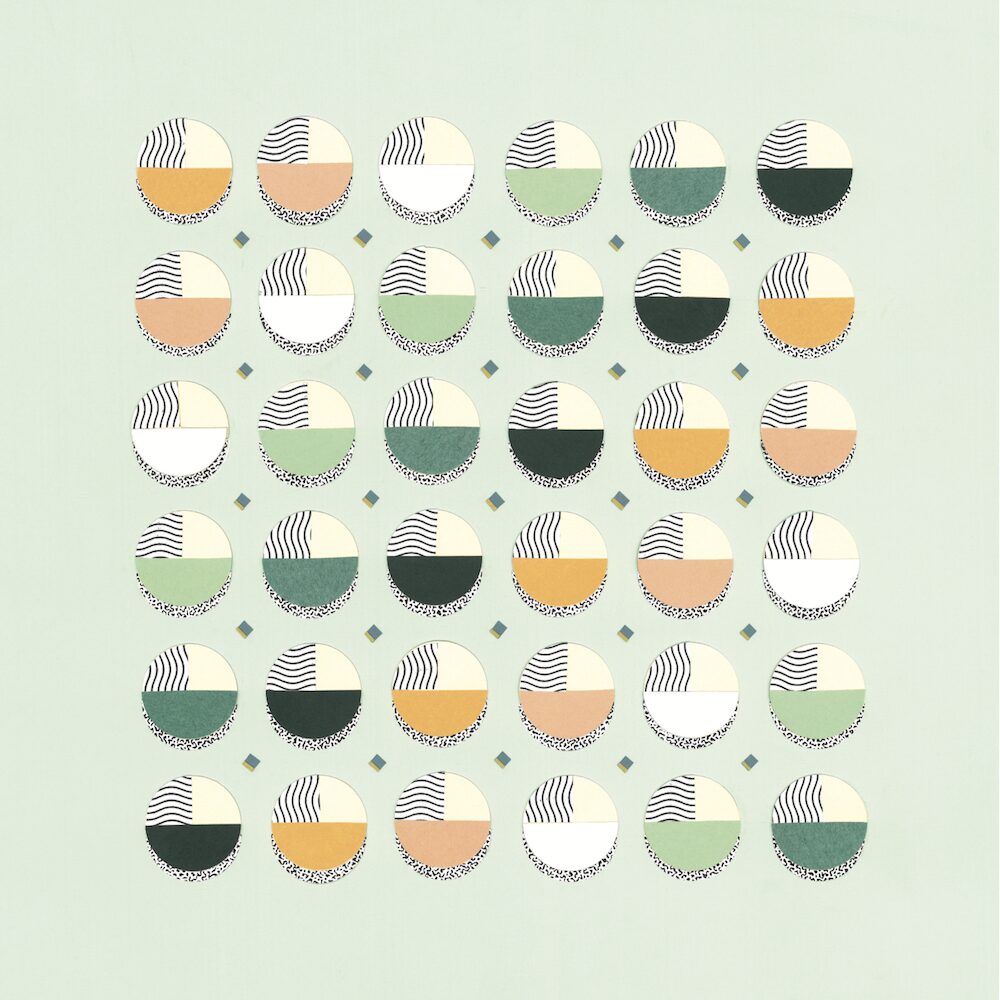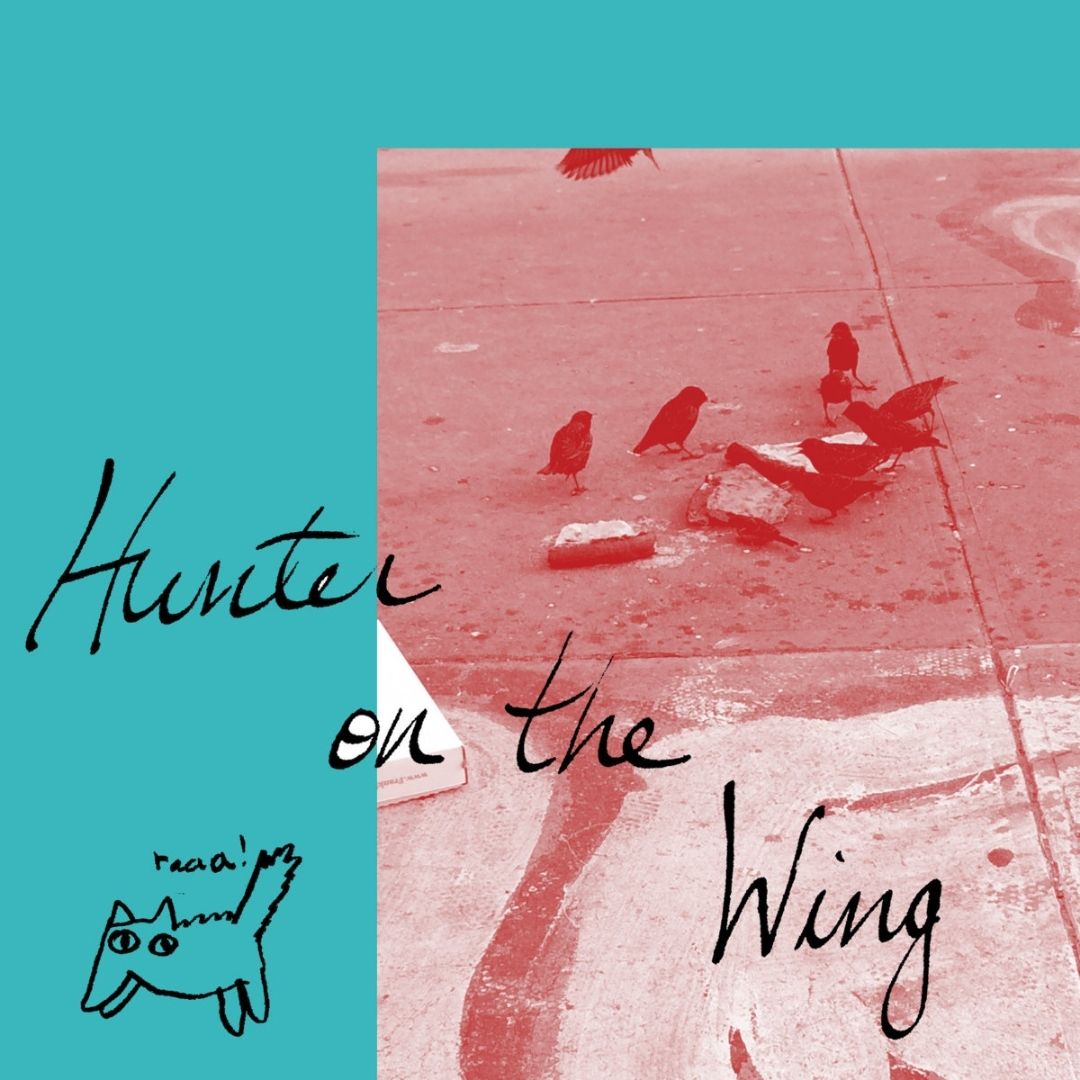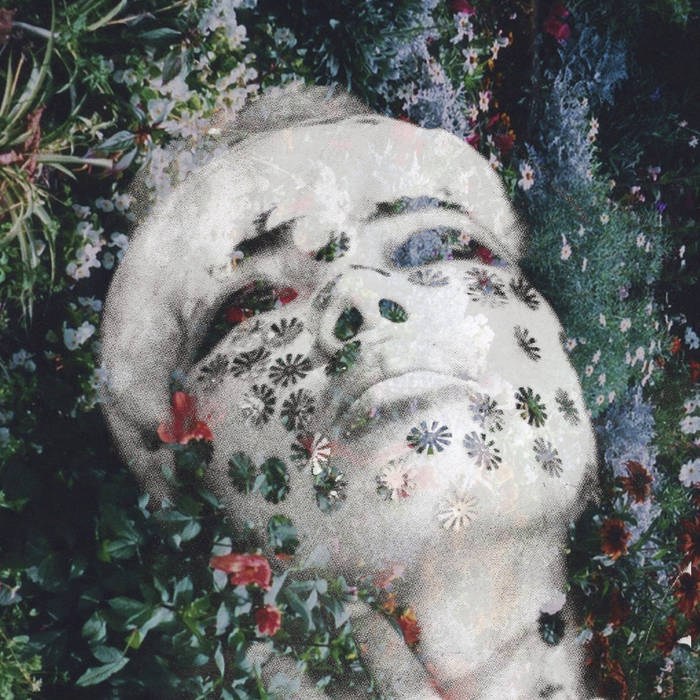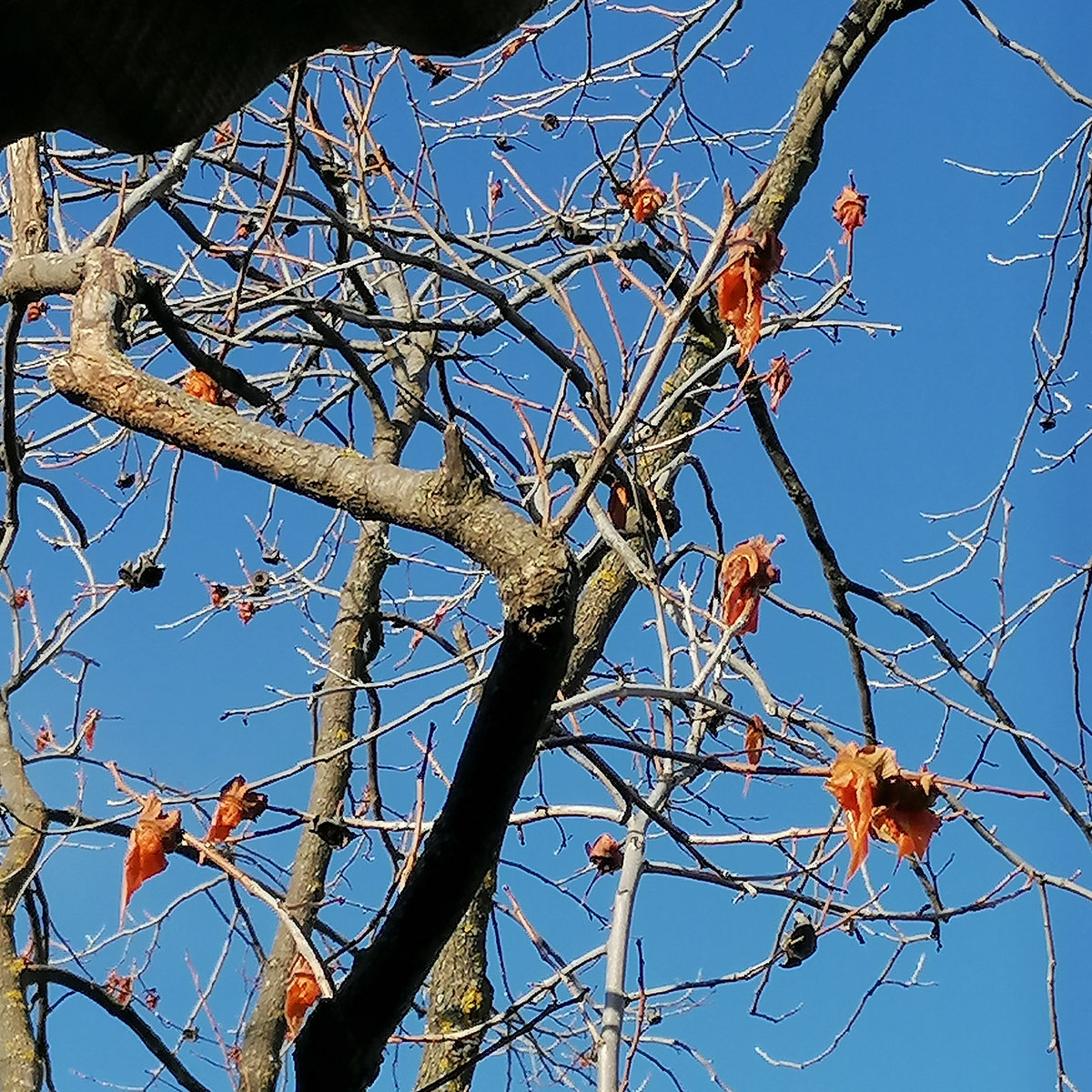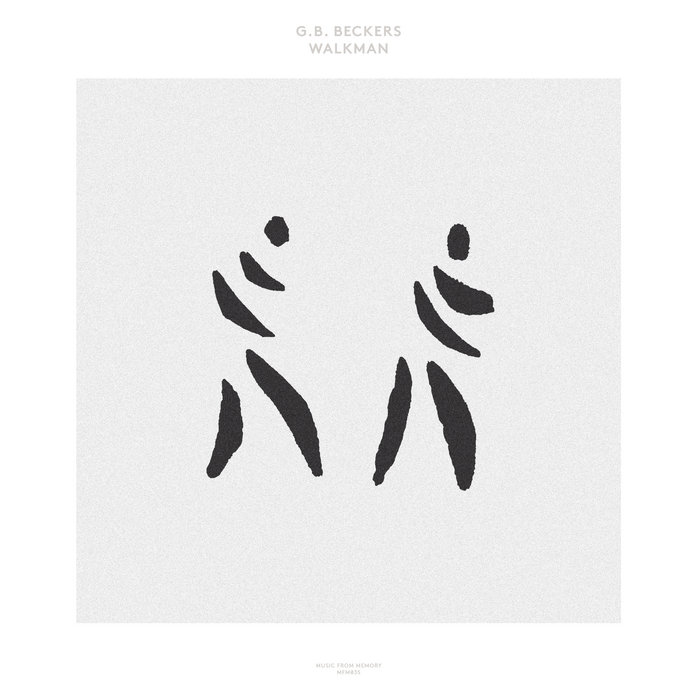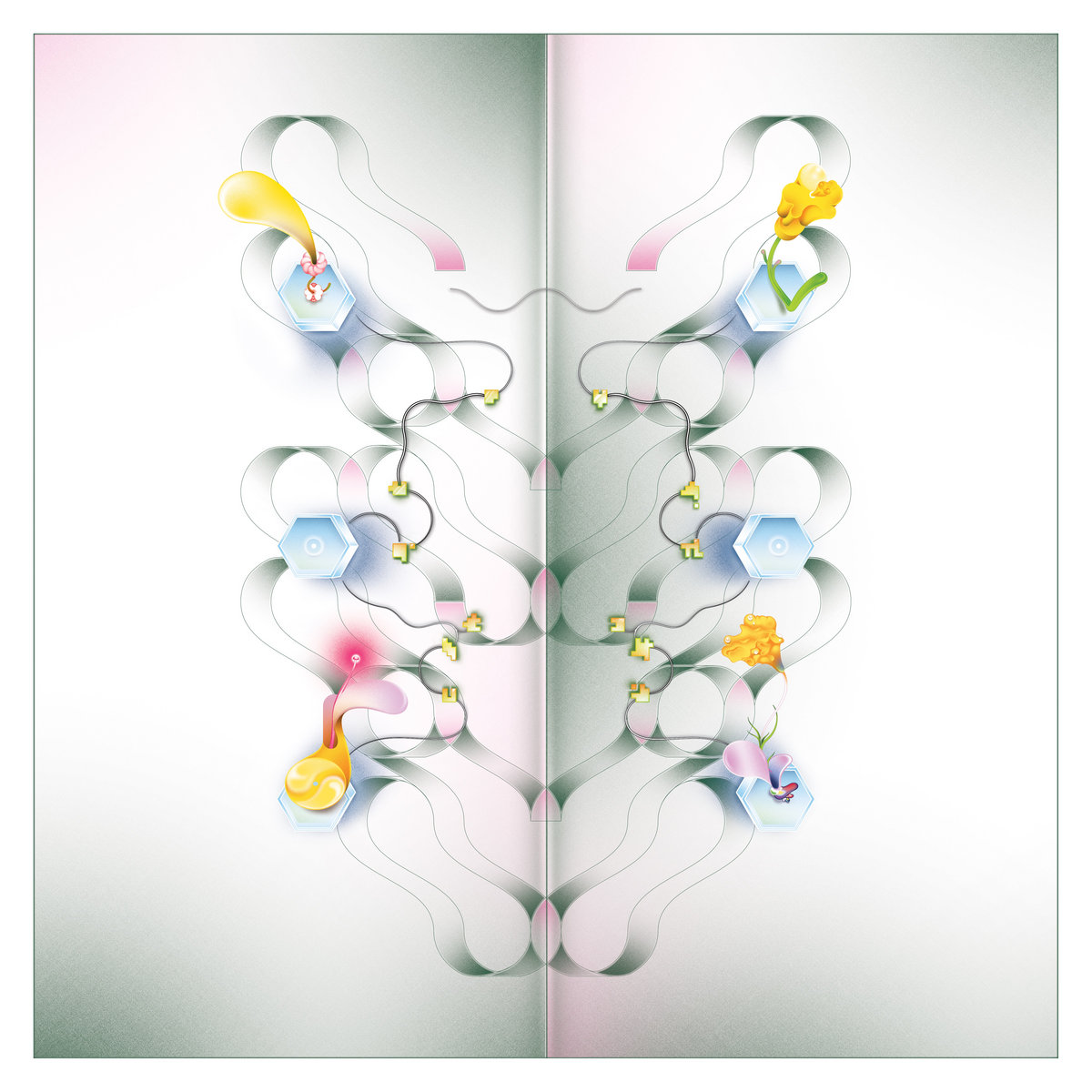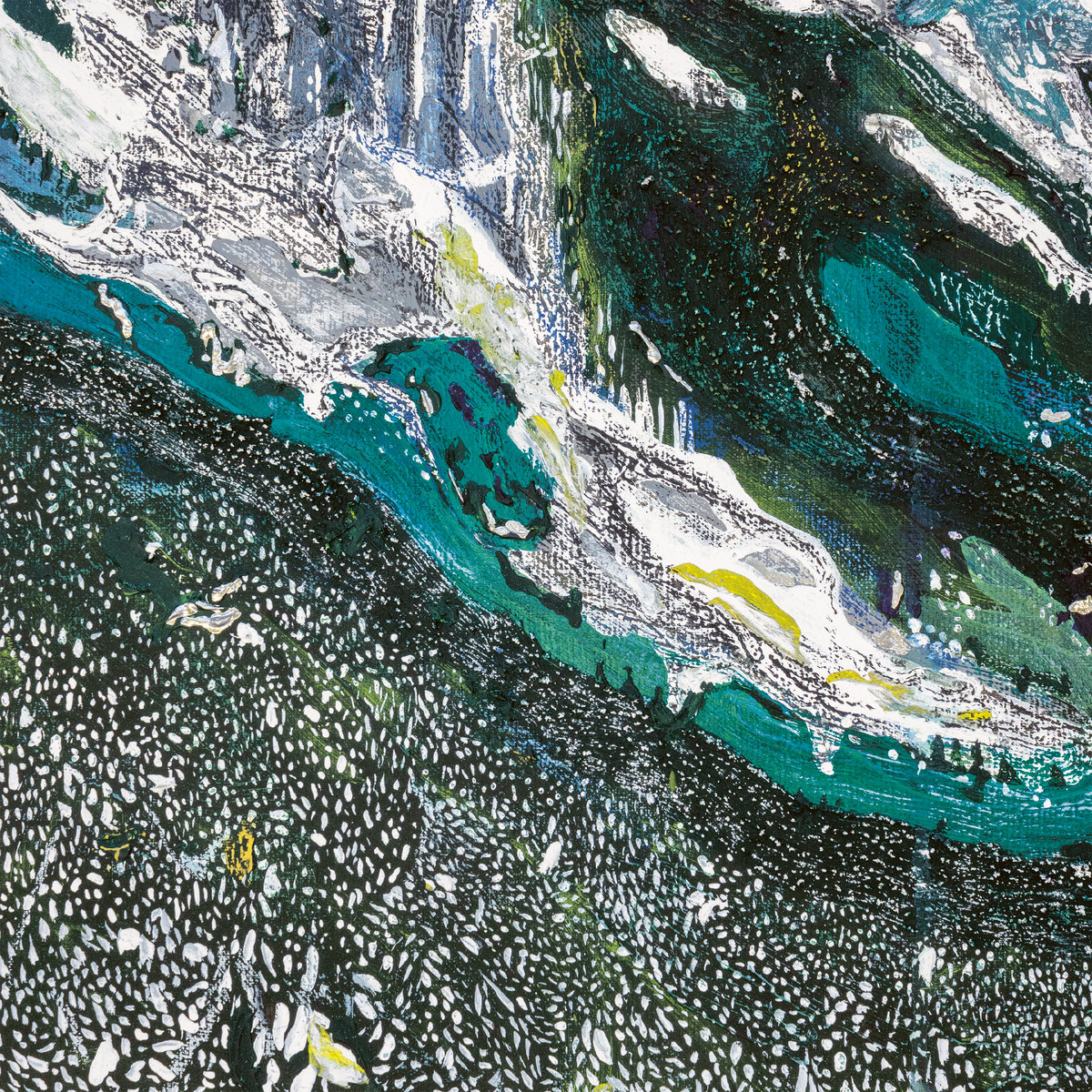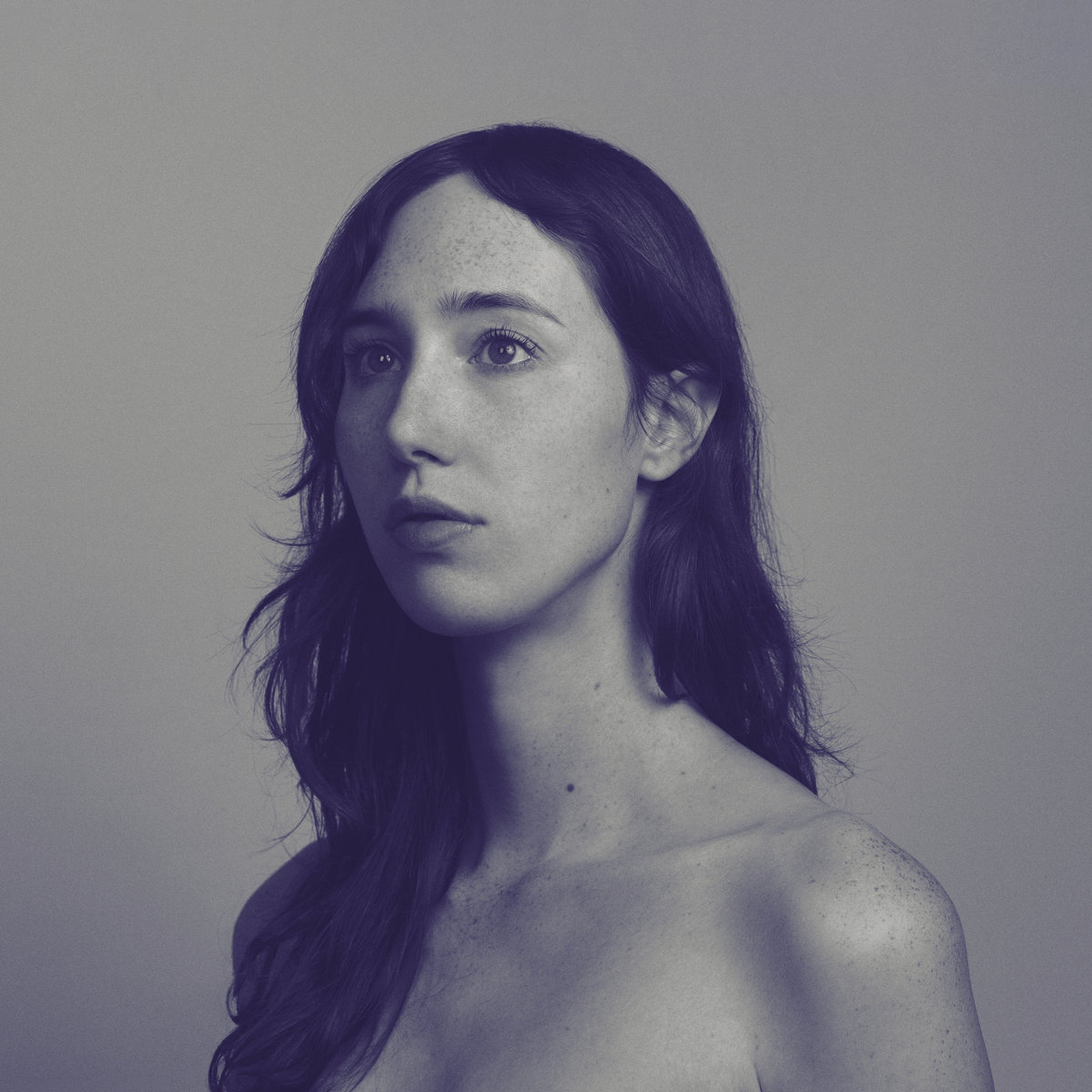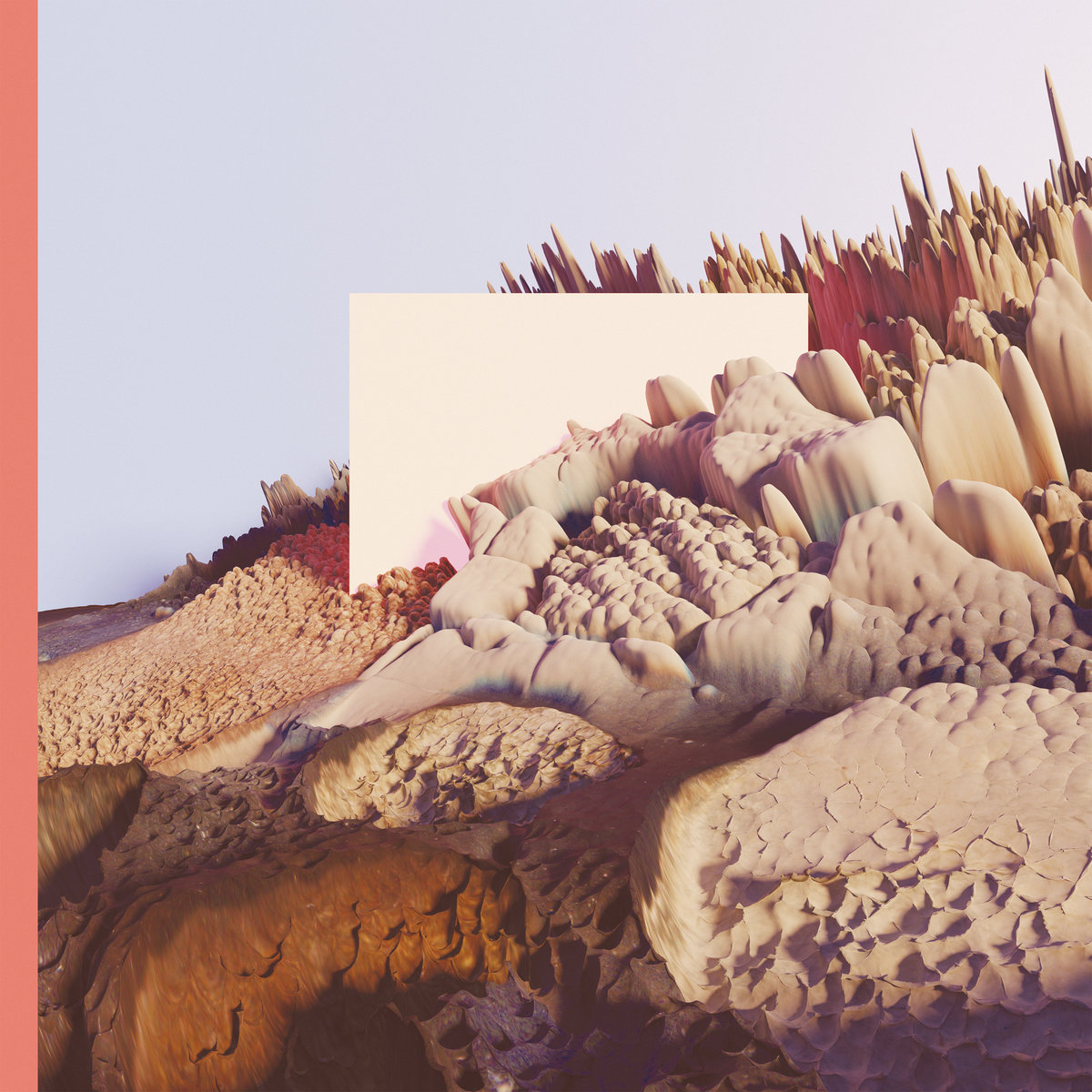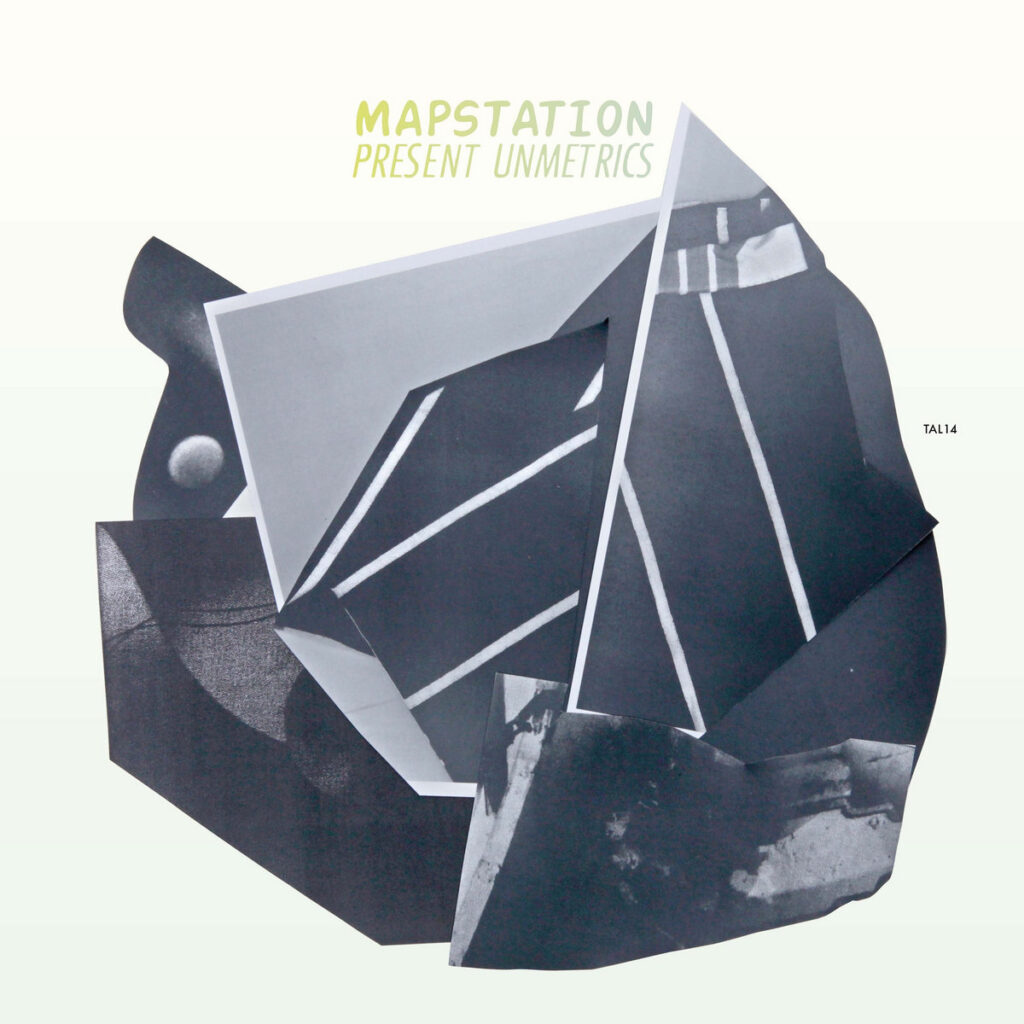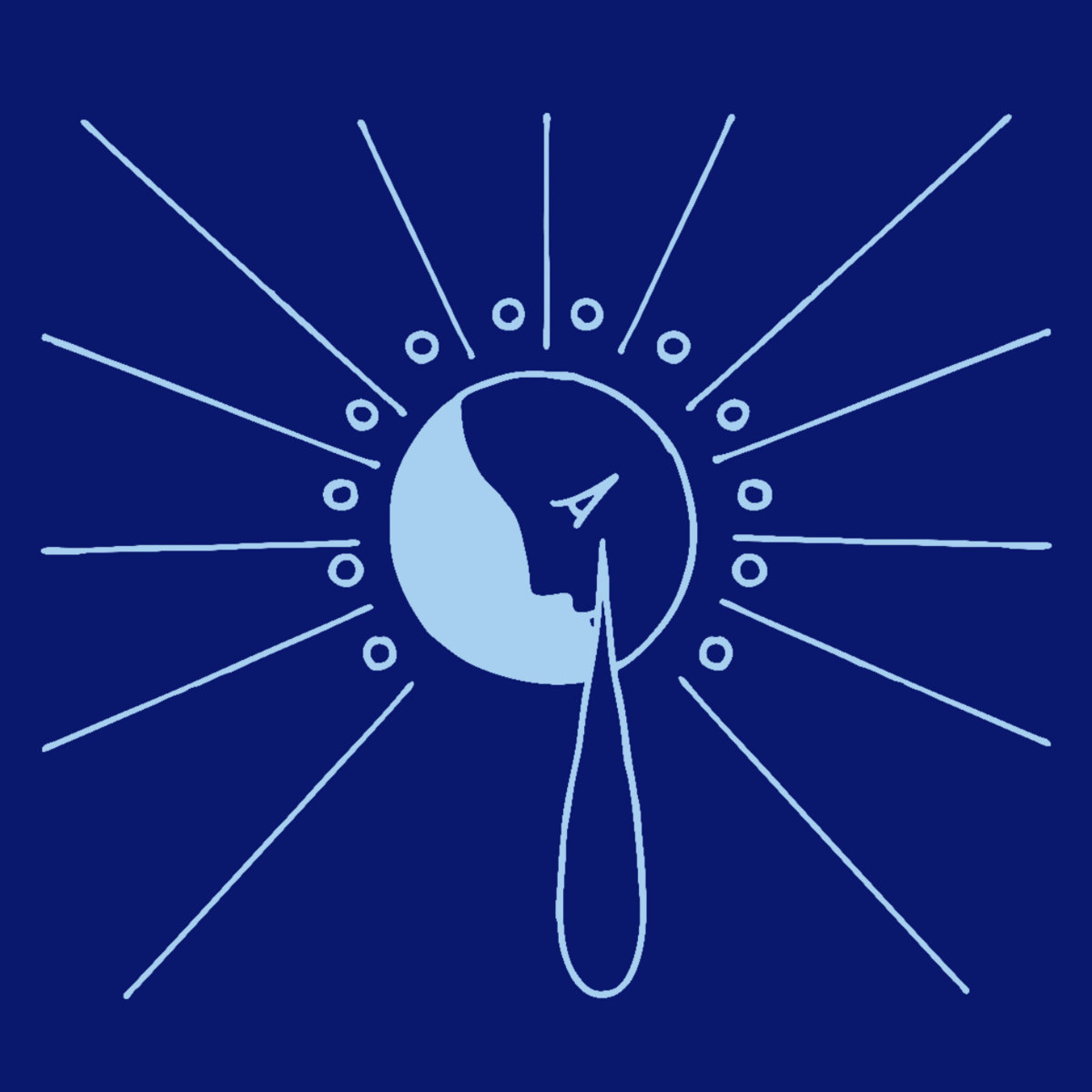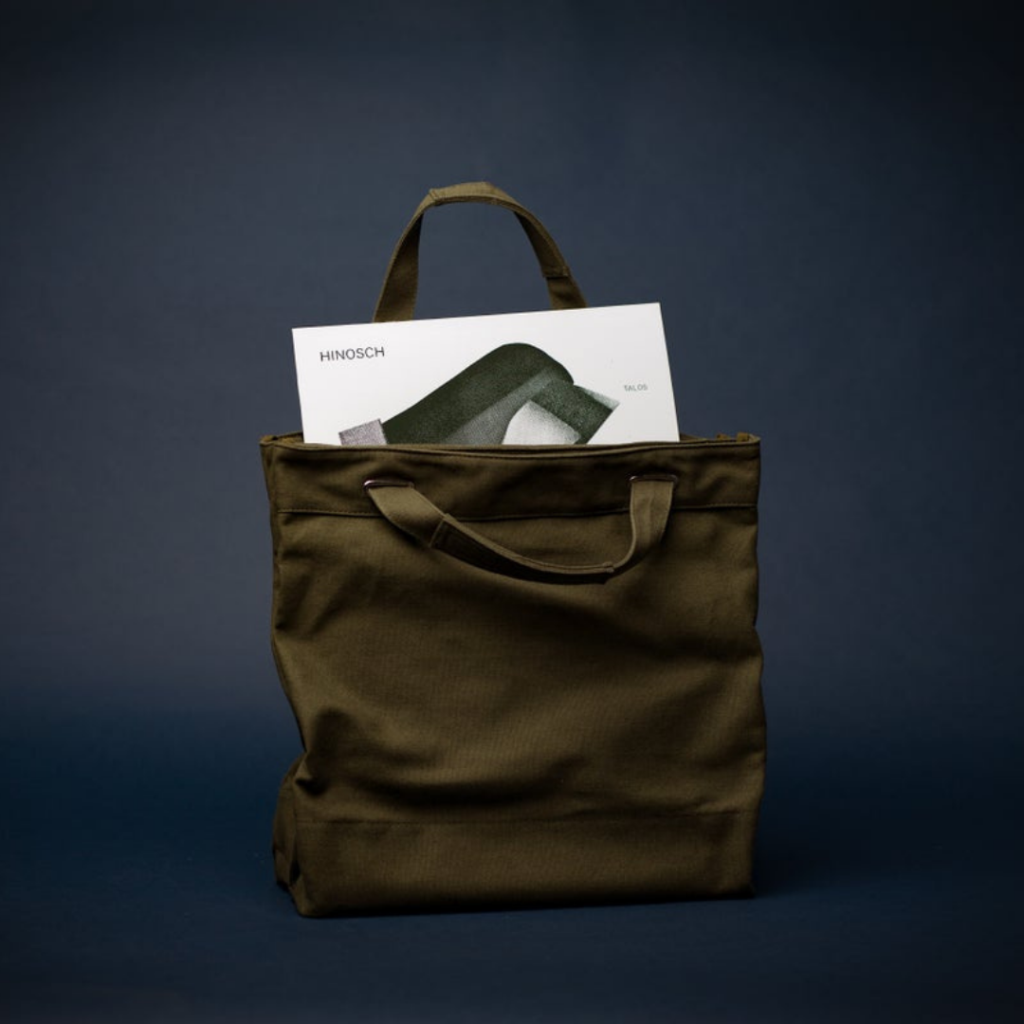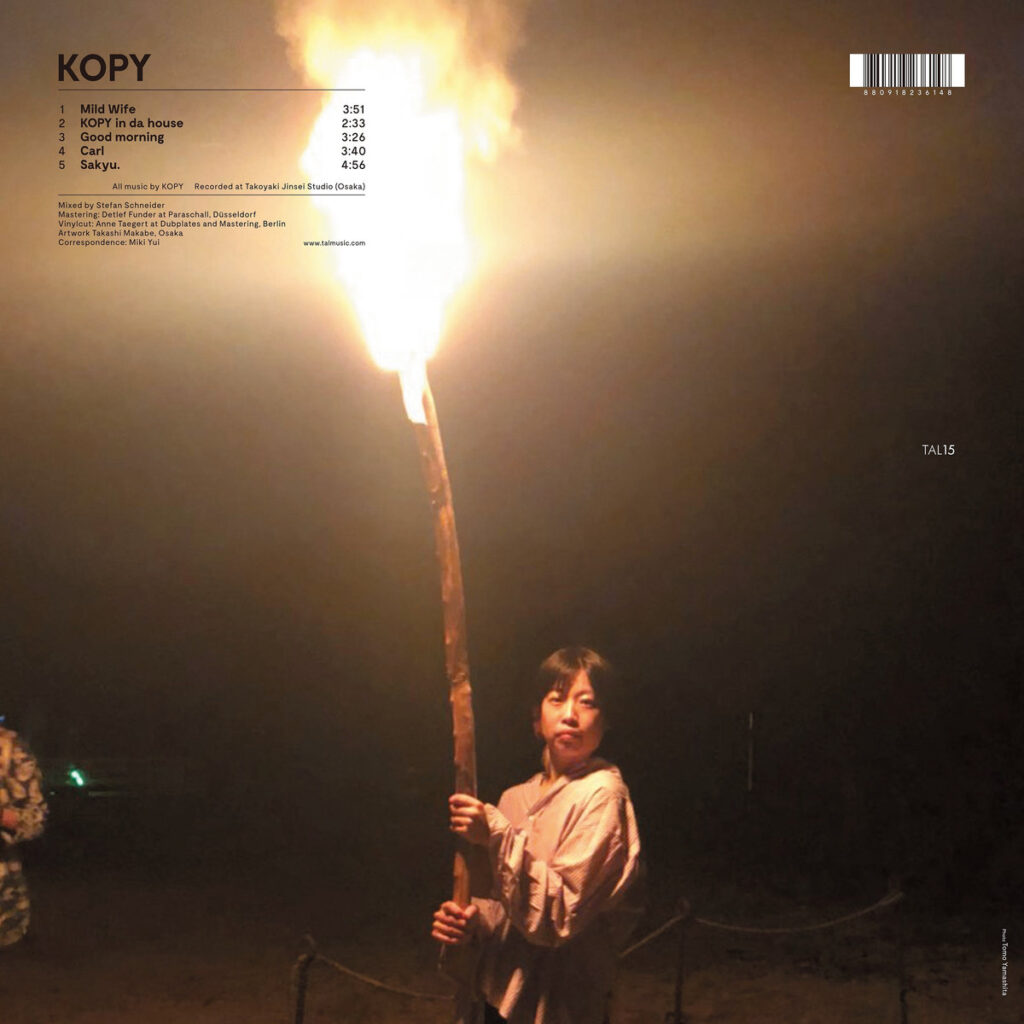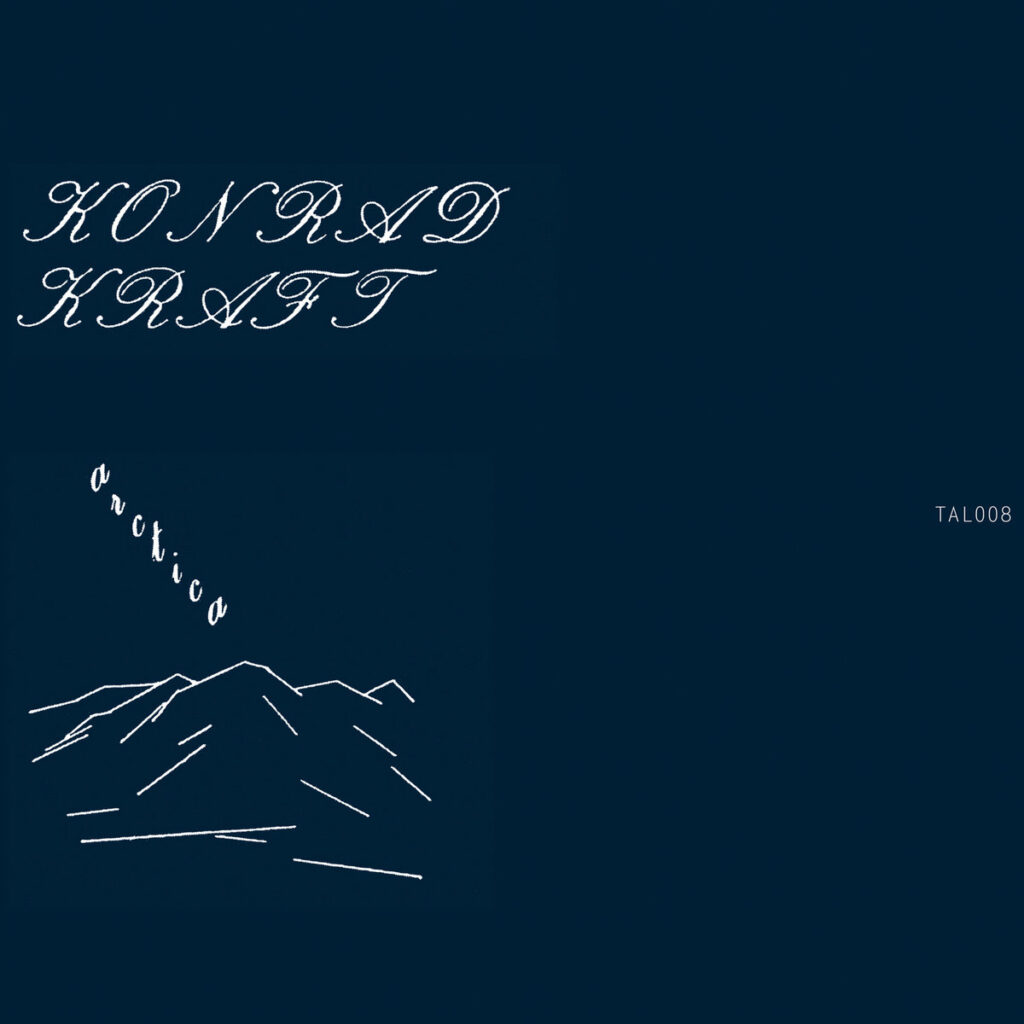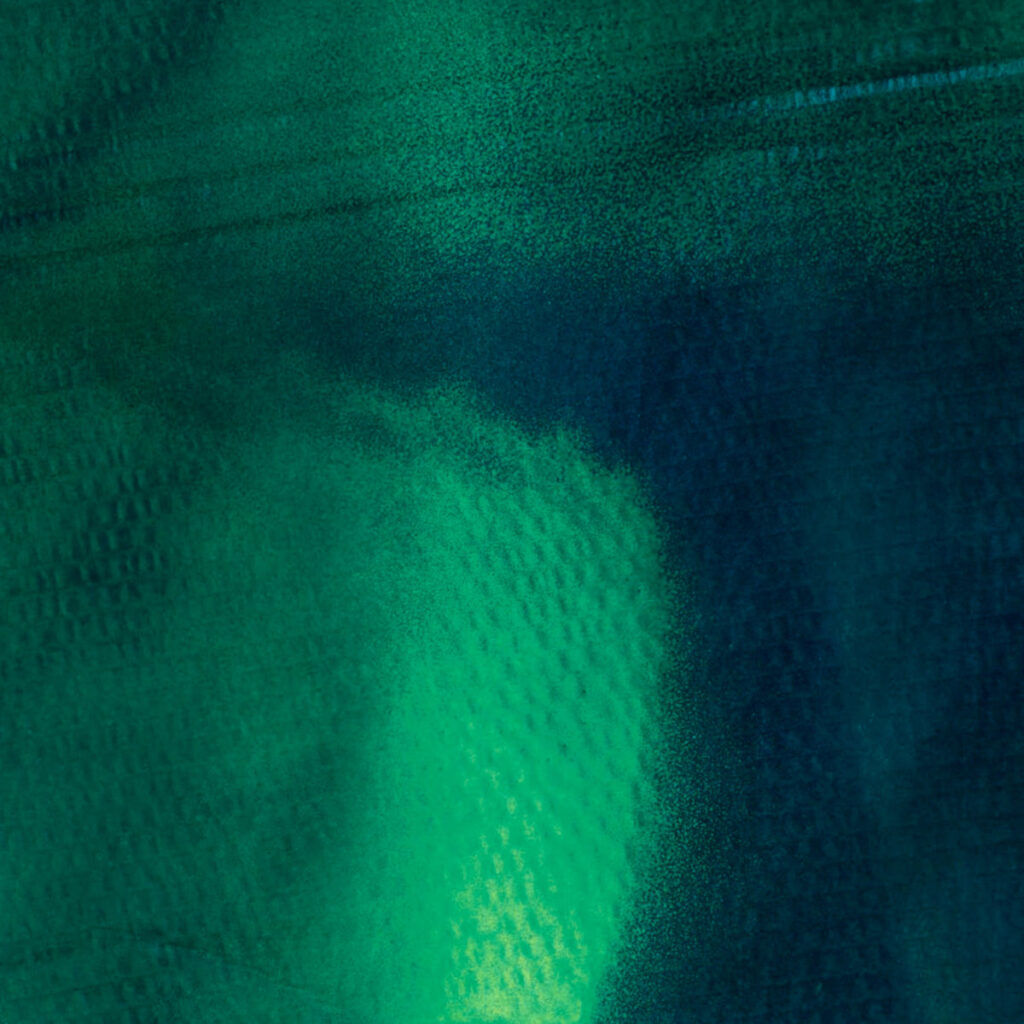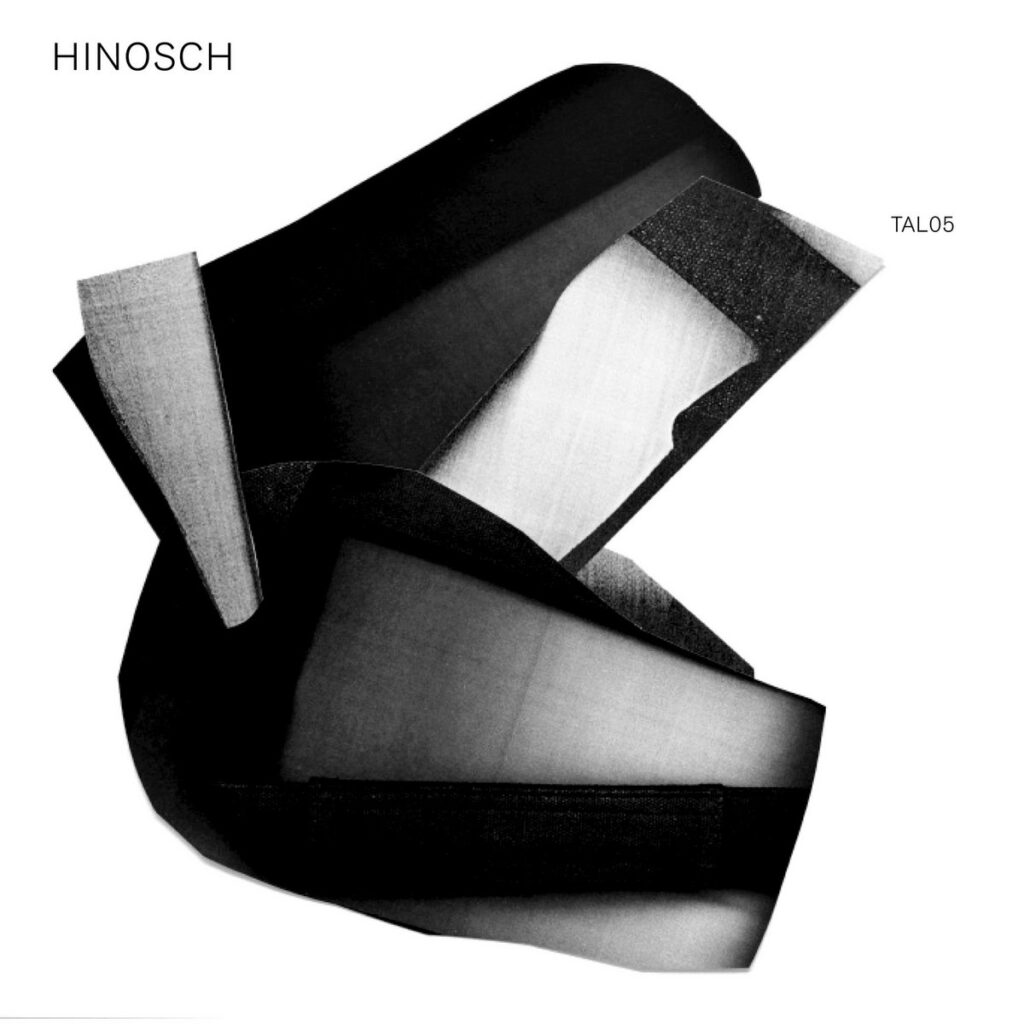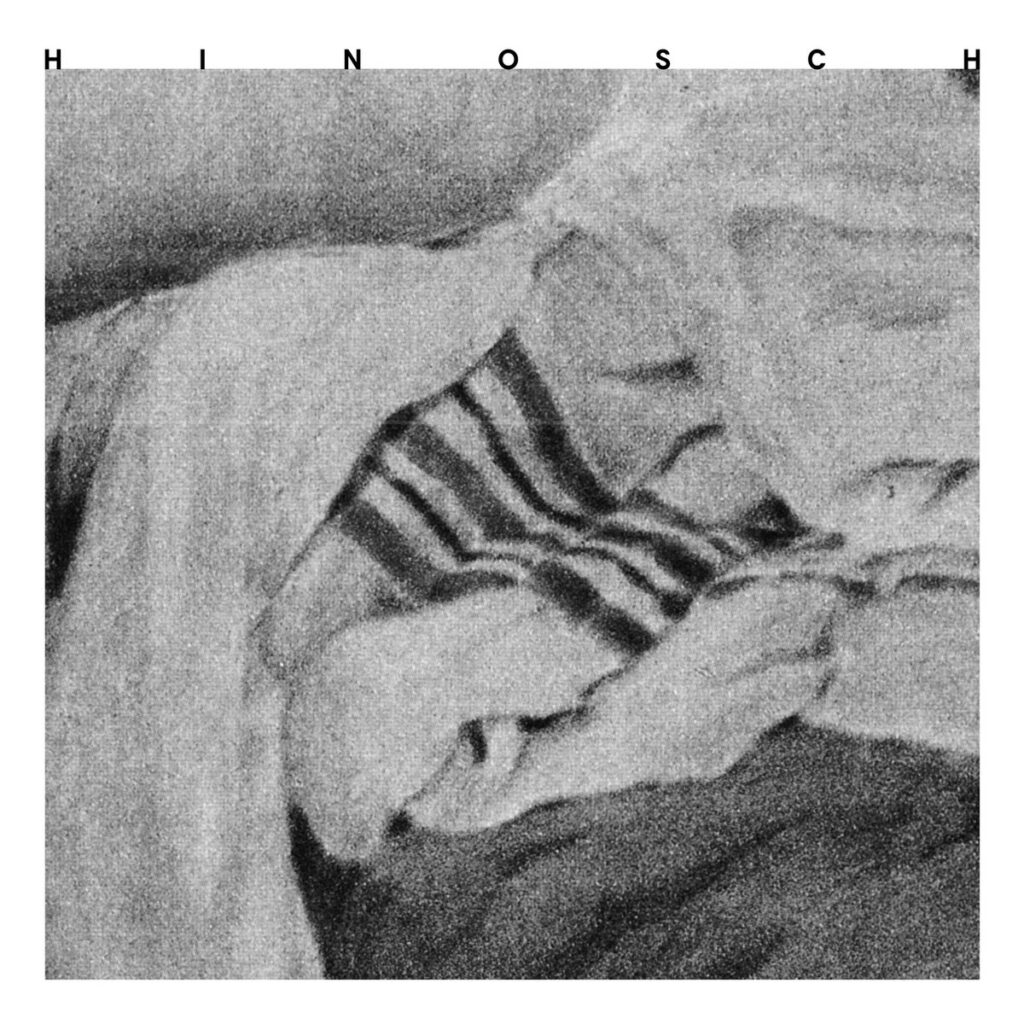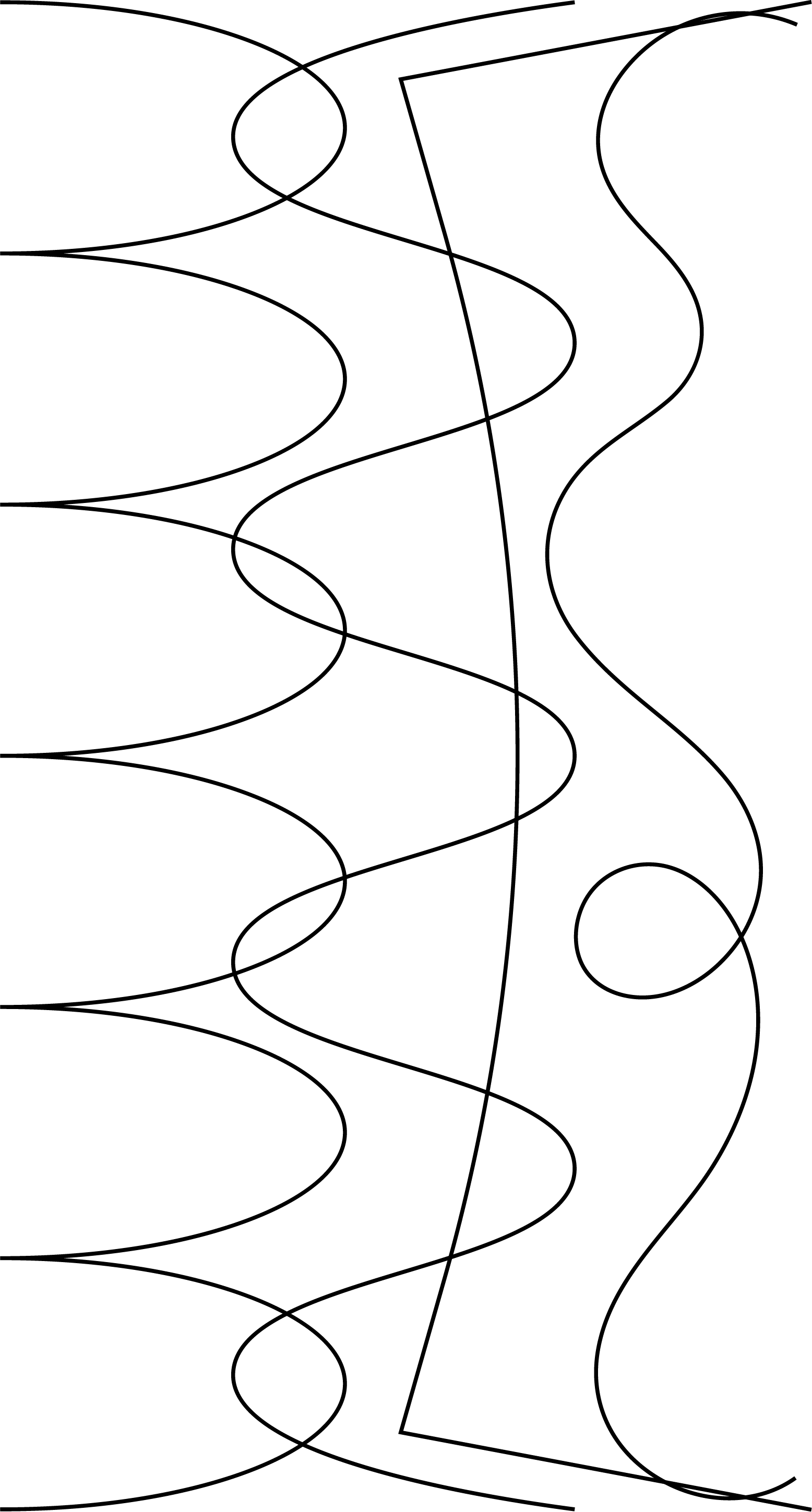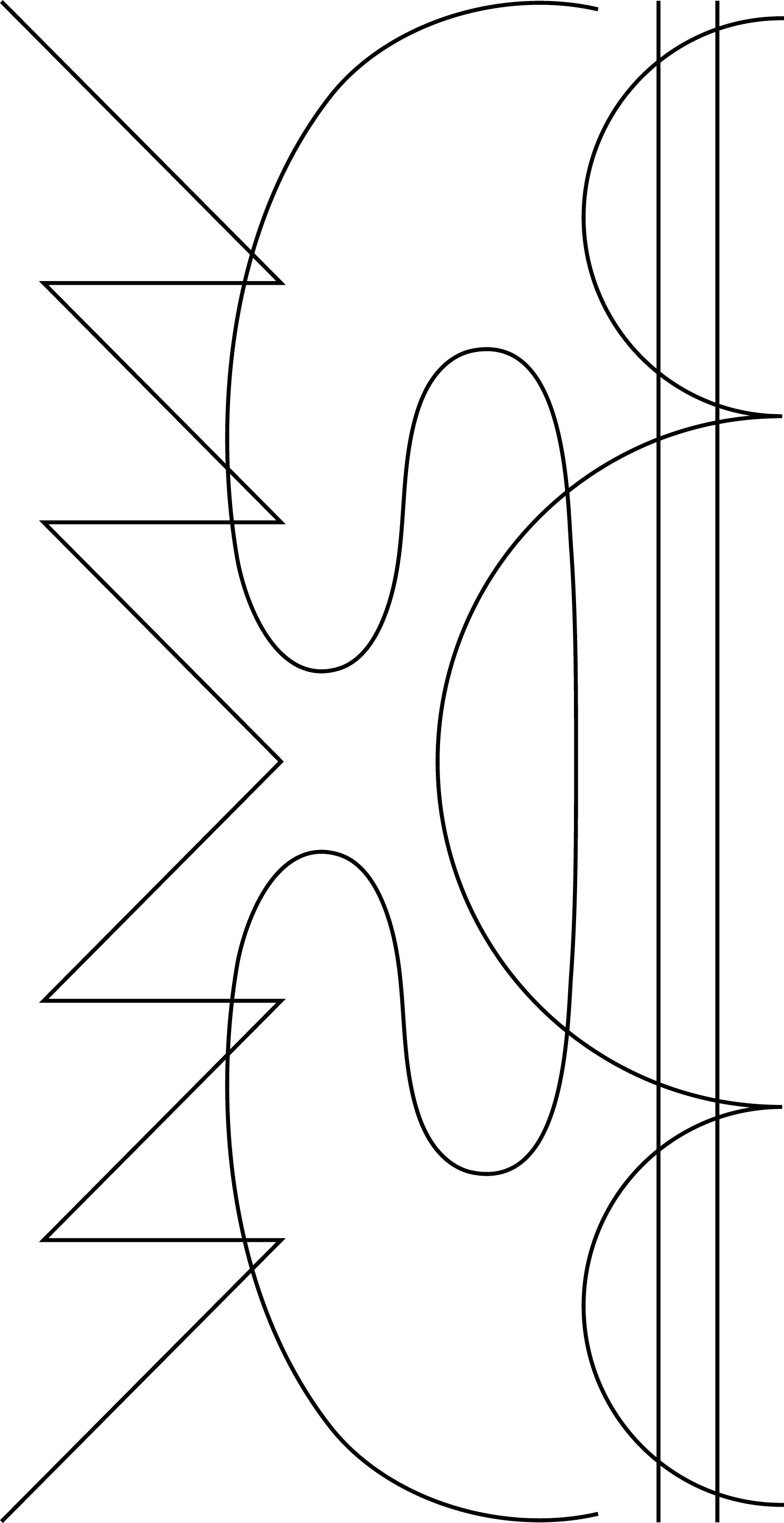about the record
Together, Stefan Schneider and Susanna Gartmayer form the project So Sner, which owes its existence to a concert in 2015 at the Approximation Festival in Düsseldorf. Gartmayer's bass clarinet polyphonies so impressed Schneider that he quickly suggested a collaboration. That same year, they began recording the album Reime in Kraftwerk's former Kling Klang studio, which in 2015 became workspace and concert venue simply called Elektro Müller.The second part was recorded in the summer of 2020 in Düsseldorf-Kaiserswerth at Stammhaus church, whose interior wood paneling facilitated organic acoustics.
So Sner's sound is oriented towards experiment and tradition, whose roots can be traced back to the UK of the early 80s: an era in which soul and synth, jazz and industrial, avant-garde and polyrhythm were blended with the help of intellectualism and punk attitude in such a way that manifold sketches of possible music emerged which are only being colorized today.
- 1 - Opening Parade 2:39
- 2 - Tiny Winnetou 3:43
- 3 - Piraeus 2:45
- 4 - Animals will help 5:09
- 5 - Resistance 2:57
- 6 - Offspring 2:10
- 7 - Worrying 4:30
- 8 - We are here 2:52
- 9 - Gentle Healing 9:30
Embed
Copy and paste this code to your site to embed.
€24,00
out of stock
- 1 - Opening Parade 2:39
- 2 - Tiny Winnetou 3:43
- 3 - Piraeus 2:45
- 4 - Animals will help 5:09
- 5 - Resistance 2:57
- 6 - Offspring 2:10
- 7 - Worrying 4:30
- 8 - We are here 2:52
- 9 - Gentle Healing 9:30
Embed
Copy and paste this code to your site to embed.
about the record
Together, Stefan Schneider and Susanna Gartmayer form the project So Sner, which owes its existence to a concert in 2015 at the Approximation Festival in Düsseldorf. Gartmayer's bass clarinet polyphonies so impressed Schneider that he quickly suggested a collaboration. That same year, they began recording the album Reime in Kraftwerk's former Kling Klang studio, which in 2015 became workspace and concert venue simply called Elektro Müller.The second part was recorded in the summer of 2020 in Düsseldorf-Kaiserswerth at Stammhaus church, whose interior wood paneling facilitated organic acoustics.
So Sner's sound is oriented towards experiment and tradition, whose roots can be traced back to the UK of the early 80s: an era in which soul and synth, jazz and industrial, avant-garde and polyrhythm were blended with the help of intellectualism and punk attitude in such a way that manifold sketches of possible music emerged which are only being colorized today.
